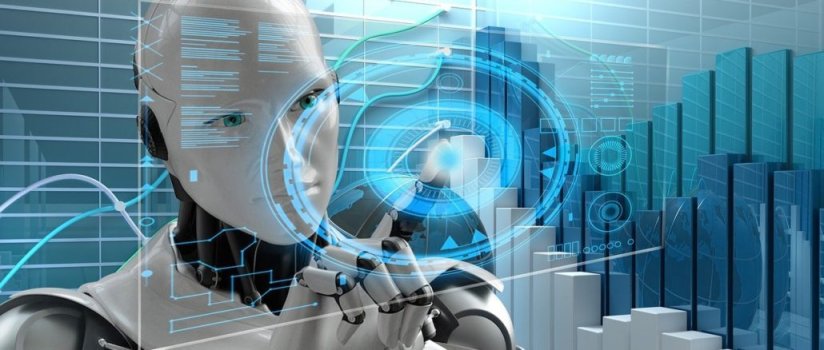K
Kathleen Martin
Guest
Gender balance in Artificial Intelligence (AI) applications is crucial to the goal of bringing about positive social change through use of technology. With artificial intelligence becoming ever more widespread, gender diversity in platform, data and AI governance can present solutions to gender inequities, protect and empower communities facing gender-related violence, and support diversity in the technology industry.
Some crucial issues which we need to look at are:
The right to internet
As per a UNESCO report, women have a very low share in advanced technology jobs which include non-routine, cognitive tasks that are in demand in the digital economy. This is a result of a lack of access to technology— a major problem in India. Data suggests that only 46% of Indian women between the ages of 15 to 65 own a mobile phone as compared to 56% ownership among Indian men.
One way for Indian law to further the rights of women in India is by addressing the principle of Right to the Internet. In 2020, the Kerala High Court recognized that mobile phones and internet access through it are part and parcel of day-to-day life and an essential part of the infrastructure of freedom of speech and expression.
The court had looked at resolutions adopted by the United Nations Human Rights Council and the General Assembly which unequivocally assert that internet access plays a key role in accessing information, and its close link to education and knowledge. The court took the view that the right to be able to access internet fell under Article 21 of the Constitution, which guarantees two rights: Right to life, and Right to personal liberty.
However, in a subsequent petition filed in the Supreme Court for restoration of 4G internet services in Jammu & Kashmir, the government had argued that the right to access the internet is not a fundamental right. But on January 10th, 2020, the Supreme Court reaffirmed that access to the internet is a fundamental right of the people of Jammu and Kashmir. The apex court said that it comes under Article 19 of the Constitution (protection of certain rights regarding freedom of speech) and that an internet ban and section 144 can be imposed only when it is unavoidable.
Continue reading: https://citizenmatters.in/opinion-artificial-intelligence-gender-equality-women-27757
Some crucial issues which we need to look at are:
The right to internet
As per a UNESCO report, women have a very low share in advanced technology jobs which include non-routine, cognitive tasks that are in demand in the digital economy. This is a result of a lack of access to technology— a major problem in India. Data suggests that only 46% of Indian women between the ages of 15 to 65 own a mobile phone as compared to 56% ownership among Indian men.
One way for Indian law to further the rights of women in India is by addressing the principle of Right to the Internet. In 2020, the Kerala High Court recognized that mobile phones and internet access through it are part and parcel of day-to-day life and an essential part of the infrastructure of freedom of speech and expression.
The court had looked at resolutions adopted by the United Nations Human Rights Council and the General Assembly which unequivocally assert that internet access plays a key role in accessing information, and its close link to education and knowledge. The court took the view that the right to be able to access internet fell under Article 21 of the Constitution, which guarantees two rights: Right to life, and Right to personal liberty.
However, in a subsequent petition filed in the Supreme Court for restoration of 4G internet services in Jammu & Kashmir, the government had argued that the right to access the internet is not a fundamental right. But on January 10th, 2020, the Supreme Court reaffirmed that access to the internet is a fundamental right of the people of Jammu and Kashmir. The apex court said that it comes under Article 19 of the Constitution (protection of certain rights regarding freedom of speech) and that an internet ban and section 144 can be imposed only when it is unavoidable.
Continue reading: https://citizenmatters.in/opinion-artificial-intelligence-gender-equality-women-27757

